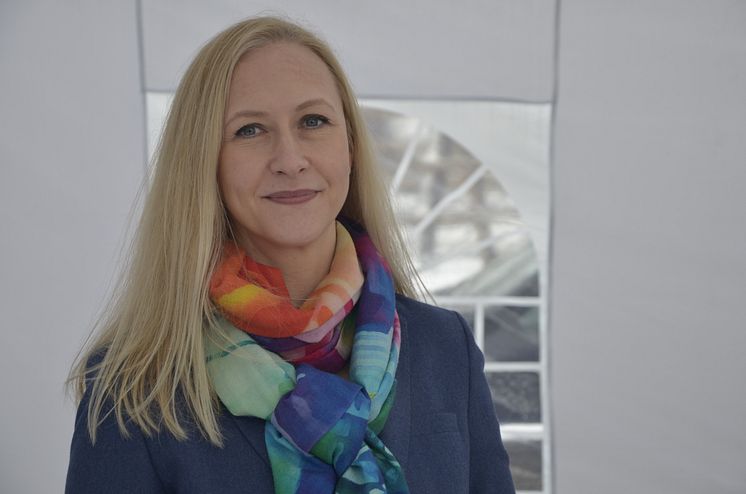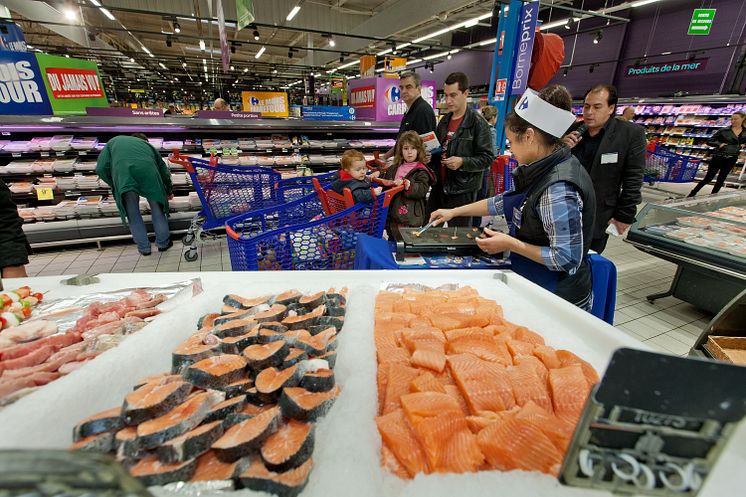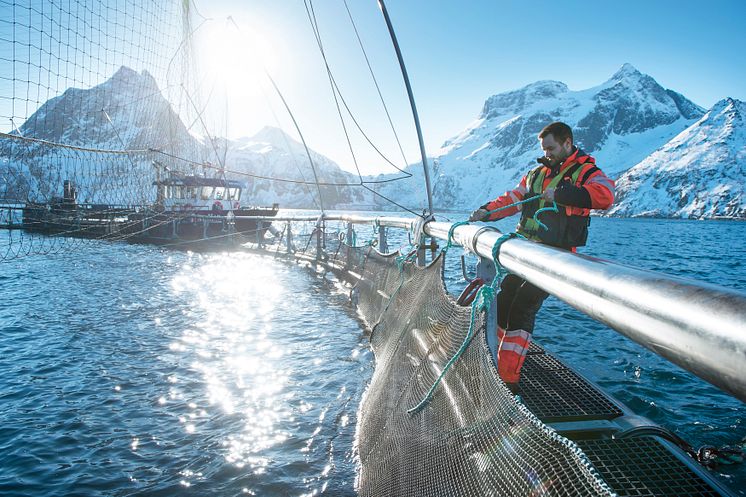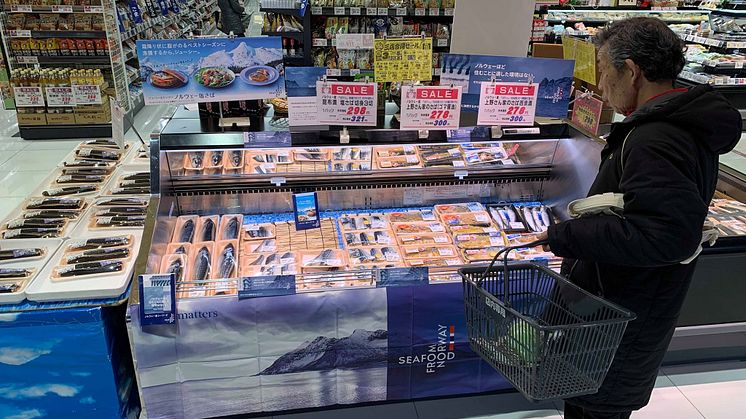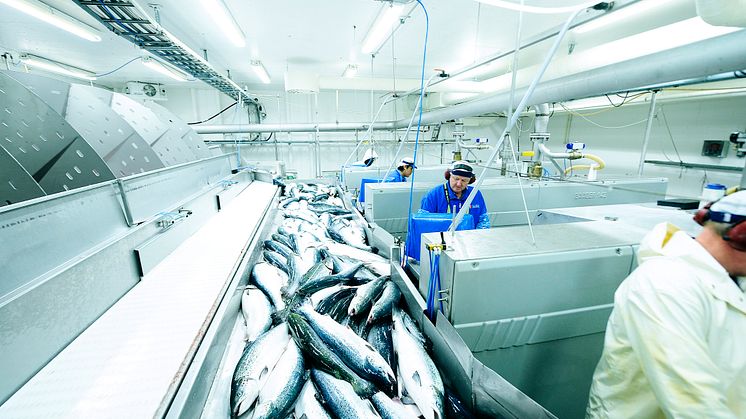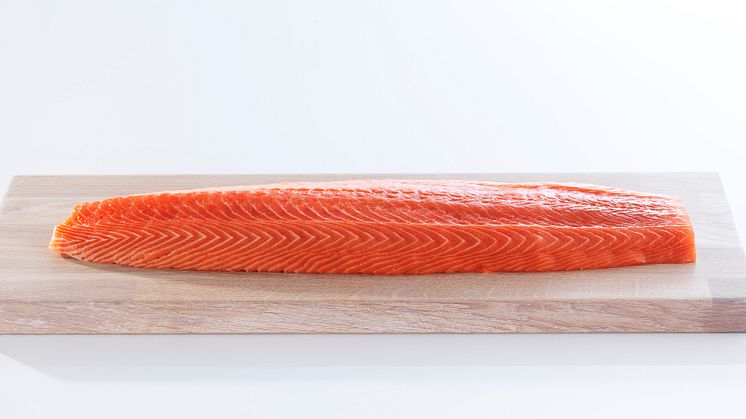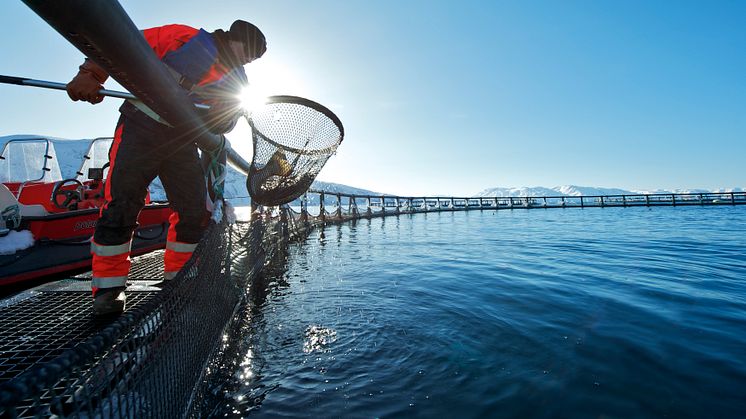
Press release -
Seafood is key to rebuilding blue economies post-Corona
The seafood industry is set to play a key role in getting Norway’s economy and workforce up and running again in the wake of the Covid-19 pandemic.
“For Norway and other seafood nations, this is a real opportunity for a blue revolution and illustrate the real meaning of sustainability – social, economic and environmentally. Seafood can be an important part of the solution in terms of rebuilding communities, creating jobs and responsible and low-carbon footprint food production,” says CEO of the Norwegian Seafood Council, Renate Larsen.
Norway is the second largest exporter of seafood in the world, and the largest producer of Atlantic salmon. Last year 36 million daily meals of Norwegian seafood were eaten across 149 countries around the world.
Dialogue with seafood industry players
As society is now slowly gradually opening up after successfully curbing the spread of the virus in Norway, the job of how to get the economy back on track has started in earnest. In the past week, Prime Minister Erna Solberg and Fisheries Minister Odd Emil Ingebrigtsen have been meeting with representatives from the seafood industry to discuss what role it should play in rebuilding the economy.
During the Corona crisis, the Norwegian seafood industry has been fully operating, as it is classified as essential for food security. Exports of salmon, cod and other seafoods have also been relatively stable, but with large differences between species, products, and markets.
Read more about how the Corona crisis affects Norwegian seafood exports.
“The world is awakening to a new world order after this crisis, and we will feel the repercussions for a long time, both in terms of economic uncertainty and in our everyday choices. But the world will move on, we still have a mountain to climb when it comes to tackling climate change and food security, and investments into responsible seafood production is part of the solution. In Norway we are in a very fortunate position to be in the financial situation to boost industry and to get new and sustainable projects off the ground in the seafood sector quickly after this crisis. It can be a huge opportunity for the seafood industry, not just in Norway, but also in many of our important export markets, where jobs are created in processing, distribution and sales,” says Larsen.

Seafood sector boost since financial crisis
The important role of the seafood industry post-Corona is also highlighted by Professor of Industrial Economics at the University of Stavanger, Ragnar Tveterås.
“There is a potential to create jobs in all parts of the value chain in the seafood sector. Since the financial crisis in 2008 nominal value added in the Norwegian seafood sector has tripled, and employment has increased by over 50 percent. Through quick and decisive action by decision makers the seafood industry could create even more jobs in a situation where there are many competent hands and heads available, says Tveterås.
Topics
Categories
The Norwegian Seafood Council works with the Norwegian fisheries and aquaculture industries to develop markets for Norwegian seafood through local market intelligence, market development and reputational risk management. The Seafood Council is headquartered in Tromsø and maintains local representatives in twelve of Norway's most important international markets. The Norwegian seafood industry finances the activities of the Norwegian Seafood Council via a tariff on all Norwegian seafood exports.
The Norwegian Seafood Council is a public company owned by the Ministry of Trade, Industry and Fisheries.




